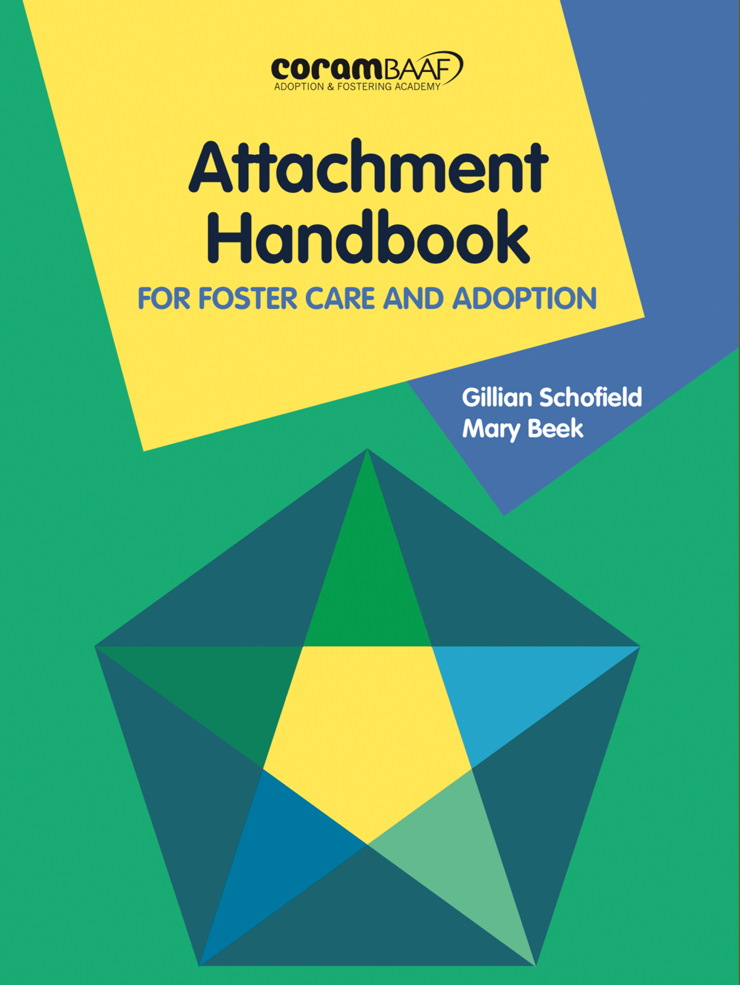
Attachment handbook for foster care and adoption
£24.95
£22.95
Get this title for £22.95 in March
Attachment is at the heart of family life and at the heart of foster care and adoption. Attachment theory and research provide a vital developmental framework for making sense of the behaviour and relationship strengths and difficulties that children bring from their complex backgrounds. It also offers a valuable resource for understanding the kind of caregiving in foster care and adoption that can enable children to feel more trusting, confident, competent and secure.
This comprehensive and authoritative book provides an accessible account of attachment concepts. It traces the pathways of secure and insecure patterns from birth to adulthood, exploring the impact of past experiences of abuse, neglect and separation on children’s behaviour. It then explains, from an attachment perspective, the dimensions of parenting associated with helping children to feel more secure and to fulfil their potential in the family, with peers, at school and in the community. Finally, it tackles the key role which “keeping attachment in mind” can play in a range of areas of family placement practice, including contact.
Vivid case examples are used to make connections with the reality, both the challenges and the rewards, of daily life in foster and adoptive families.
This book is for practitioners, foster carers, adoptive parents and all those seeking to ensure that children in need of family care get the very best experience possible, and that foster carers and adoptive parents get the support they need and deserve.
Published with the support of the Calouste Gulbenkian Foundation.
AVAILABLE IN EBOOK AND HARD COPY
Questions about eBooks? Check out our FAQs
HARD COPY
Reviews
This is an excellent book written by very experienced authors with ‘hands on’ experience of attachment difficulties. What I particularly liked about this book is how each chapter gives particular reference to its subject and the relevance to each of the age groups. I highly recommend this book to all foster carers, adopters and all those who care of or work with children.
Cath Hall, adoptive parent, foster carer and member of adoption panel for local and private agencies, www.adoption-net.co.uk
This is a well written and very readable text which presents a consistent, practical and common sense approach for carers and professionals working with children who are emotionally and developmentally vulnerable. It is highly recommended.
Chris Cook, Children Australia
This book is great, really readable. It handles a complex subject really well. I assess potential foster carers and have now lent it to several people during the assessment process and they have found it equally useful and understandable. Great book.
TooHappy, Five stars, Amazon.co.uk
